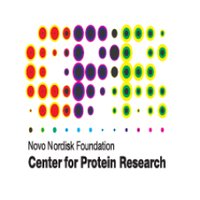
Michael Yaffe
@mbyaffe
Professor at MIT, Surgeon-Scientist. DNA damage signaling, protein kinases, precision cancer medicine, signaling in tumor microenvironment
ID: 75444247
19-09-2009 01:54:57
137 Tweet
898 Followers
121 Following

Despite our scientific success Novo Nordisk Foundation will close CPR due to new funding strategy. #forskpol #DKforsk We applaud our visionary leader Jiri Lukas for creating a global flagship in protein research whose pioneering spirit will live on #CPRlegacy. How did he do this? 👇🧵



Great work from the David Cortez lab! doi.org/10.1126/scienc…



Very grateful to our collaborators at Genentech, Adam Palmer's lab, Adam C Palmer, Matt Vander Heiden's lab, MVH Lab, and Omer Yilmaz's lab Omer Yilmaz, and of course the Koch Institute! Koch Institute at MIT

Links between translation and alternative polyadenylation in metastasis? The story is out today! A great collab between Hani Goodarzi, Andrei Goga and Faraz K Mardakheh labs! Shout out to co-authors Hossein Asgharian, Juliane Winkler, @lisacfishsci among others! nature.com/articles/s4155…











